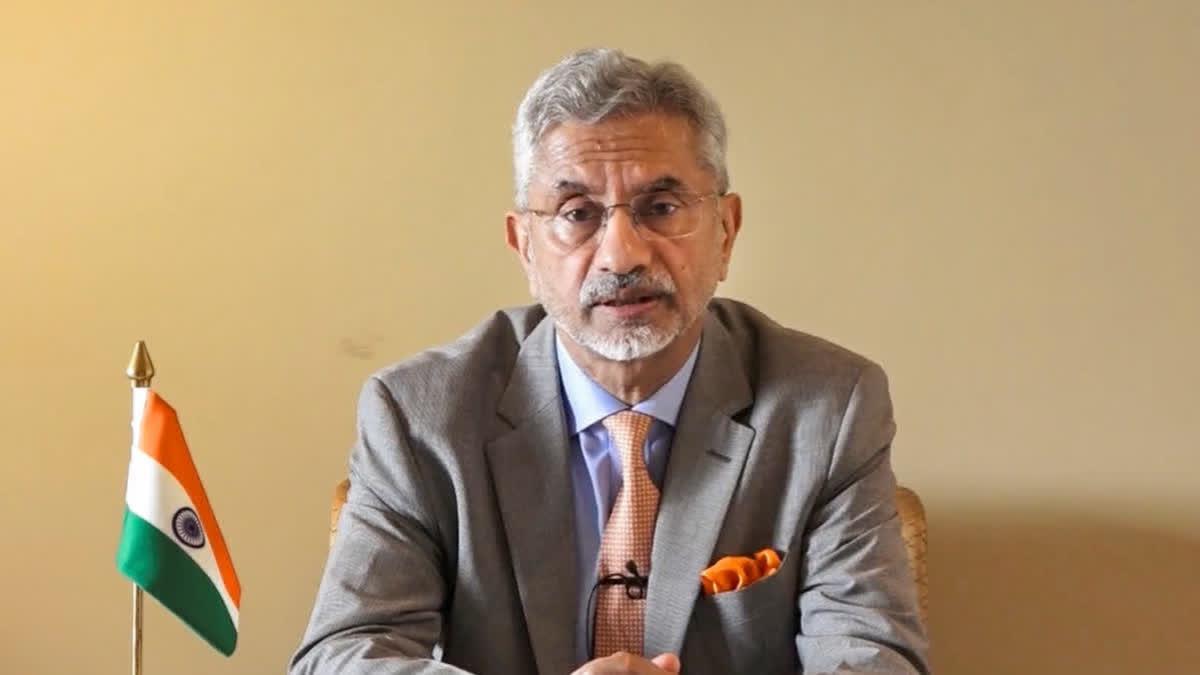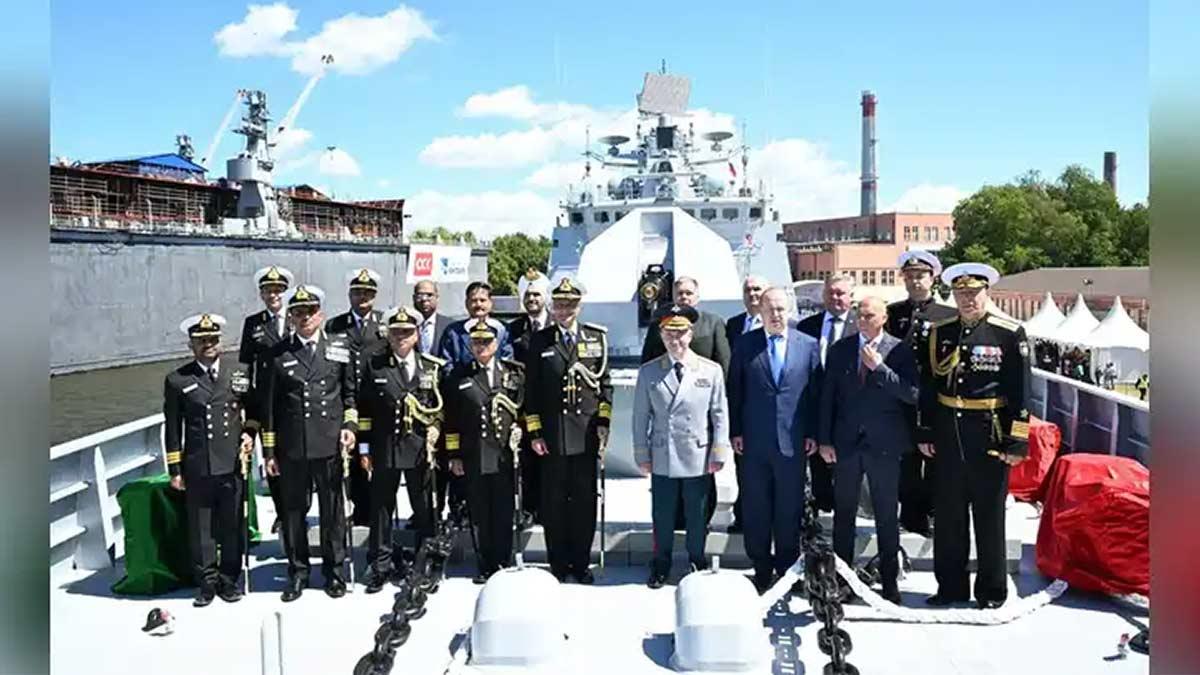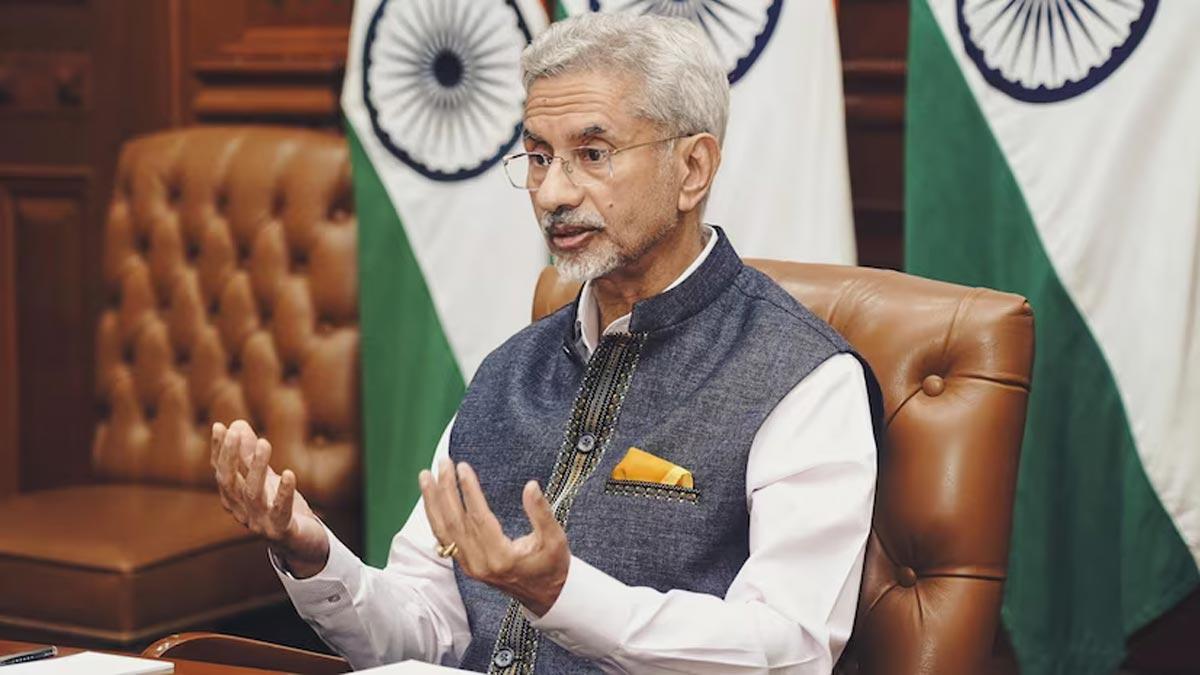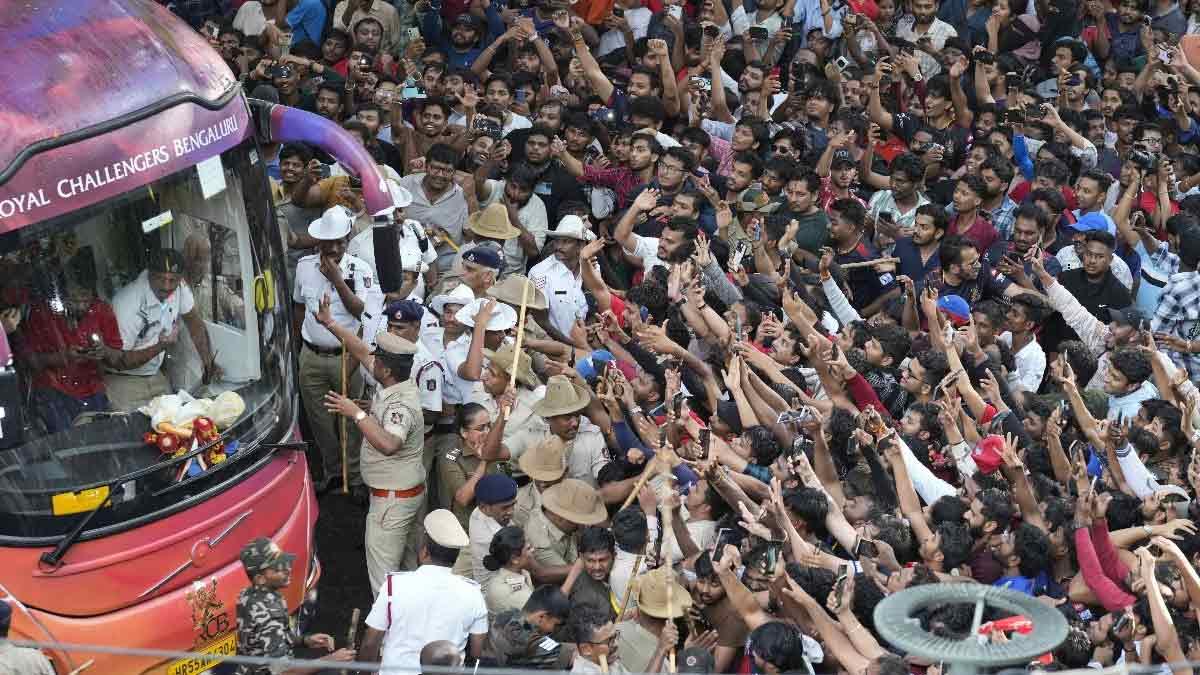The India-Myanmar-Thailand Trilateral (IMTT) Highway is set to be a landmark step in India's outreach to the Association of Southeast Asian Nations (ASEAN), but the internal strife in Myanmar is still a major obstacle in its way, External Affairs Minister S. Jaishankar has declared today.
Emphasizing the success of India's 'Neighbourhood First' policy, Mr. Jaishankar referred to its effects on Bangladesh, Bhutan, Nepal, and Myanmar. He mentioned India's efforts at vaccine distribution during the COVID-19 pandemic as evidence of the success of the policy in enhancing regional relationships.
Addressing the 'Act East, Act Fast and Act First' session of Advantage Assam Summit in Guwahati, he spoke on the growing relations between New Delhi and ASEAN and urged every stakeholder to leverage this movement.
"The crisis in Myanmar has shelved the IMTT Highway project. We cannot have this [Myanmar unrest] stand in the way of something so historic. Pragmatic solutions will need to be framed to ensure the progress of this project," he insisted.
As of July 2023, about 70% of the construction on the highway has been done. The 1,400 km highway will connect India and Southeast Asia through a direct land corridor, greatly enhancing trade, commerce, healthcare, education, and tourism between the three countries. The highway route will link Moreh in Manipur to Thailand's Mae Sot through Myanmar.
Although no particular time frame for the completion and opening of the project has been mentioned, the project has been subject to repeated delays. The government initially planned to have the highway operational by December 2019.
India's 'Neighbourhood First' strategy is a defining aspect of its diplomatic and economic interactions with regional nations. "We have witnessed new roads, checkpoints, rail connectivity, waterways, power connections, fuel pipelines, and transport facilities. There is much more to come in the years to come," Mr. Jaishankar pointed out.
He also accepted that whereas some concentrate only on hurdles, regional progress depends on forward-looking cooperation.
Furthermore, Mr. Jaishankar also mentioned the increasing economic engagement of Japan and South Korea in India, especially in infrastructure and mobility-related schemes in India's northeastern region. Japan has put emphasis on various development projects in the region in particular.
As far as ASEAN is concerned, Malaysia and Thailand have relaxed visa policy for Indian visitors, while some ASEAN countries have improved air connectivity. In the future, education and skill development offer promising areas of cooperation.
Read also| CAG Report: Delhi Government Incurred ₹2,002 Crore Loss Due to Liquor Policy


















